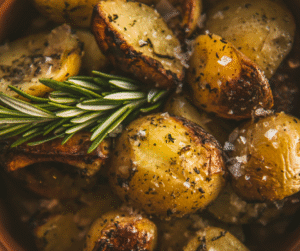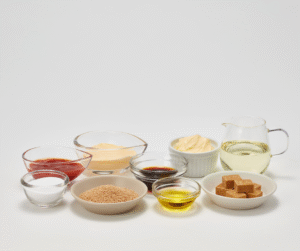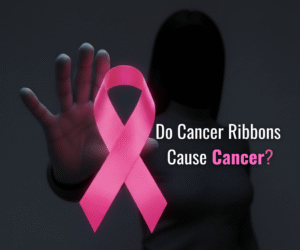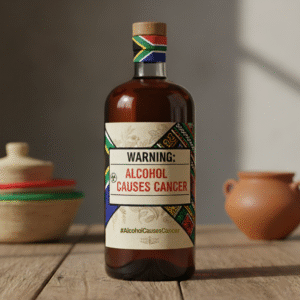The JoziStyle Kitchen Challenge: Get Rid of Your Toxic Plastic Today
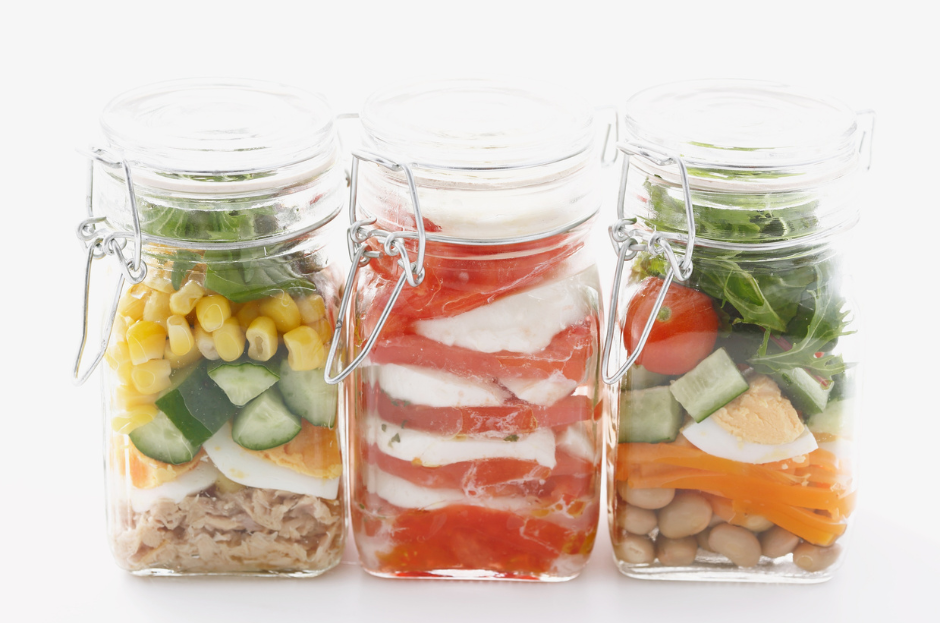
Tastes Better in Glass!
Beyond Turtle Guilt: Why the Plastic in Your Kitchen is a Hormone Disruptor
We’ve all seen those images of those lovable sea creatures being strangled or choked by our plastic waste. There was that famous, and deeply ironic, Time magazine cover featuring a turtle on plastic, while the magazine itself was wrapped in plastic—the irony certainly didn’t escape us.
But I’m talking about going beyond the turtle guilt trip. This discussion is about something far more immediate: your personal health. We need to eliminate plastic from the kitchen, and I mean everything: the utensils you use, the containers your food comes in, and even the shopping bags you carry your groceries with.
A quick, non-negotiable fix: replace all your plastic shopping bags with reusable bags. Only a numpty, or a num nuts, would not realise you can throw your reusable shopping bags into the boot of your car. You pull them out, you go shopping—no excuse for forgetting them.
Microplastics in Your Meal: Why That ‘Safe’ Plastic Utensil is Still Leaching Toxins
Let’s start with the immediate threat: microplastics in your meal. Cutting boards, packaging, and cooking utensils all contain microscopic plastic particles that can end up contaminating your food.
I’ve made a conscious decision to eliminate all plastic from my kitchen, which included my chopping boards. Suddenly, I realised the only boards I had left were the massive ones that didn’t fit in the dishwasher. So, I was screwed, twice over: no easy chopping boards, and the ones I had needed to be washed by hand. Which is not the end of the world, but sometimes when you’re cooking, you just wish it was over.
I’m setting this up as a challenge for you: go through your kitchen. Anything that is plastic needs to go.
Micro Plastics, Heat, and Acid
One of the most concerning issues is that toxins leach under heat. Even the so-called “safe” plastics can release hormone-disrupting chemicals like BPA or phthalates into food when microwaved or exposed to high heat.
I had a lot of those plastic egg flippers which I thought were all BPA-free and complied with every regulation. Then I read somewhere, not if exposed to heat. Of course, when you’re frying an egg or making an omelette, you’re talking about very high heat, flipping it with a plastic utensil nonetheless.
What’s worse is when you combine a “safe” plastic with an acidic food like tomato sauce or citrus; this accelerates the chemical leaching into your food.
The same can be said for plastic wrap. A lot of people believe if your food isn’t hot, you can use it. Not necessarily true. Nanoplastics or microplastics can still contaminate your food. It becomes especially problematic if you’re reheating food that comes into contact with the plastic, or, as I’ve seen many people do, they wrap up hot food in plastic and put it straight into the fridge. This accelerates the transfer of harmful compounds.
If there is contact, or heat, or acid with a plastic utensil and your food, you’re exposing yourself to unnecessary risk. This might not affect you directly, but it may certainly affect somebody that you care about.
JoziStyle Opinion: A Greater Responsibility
I was discussing this with a friend of mine recently who said, “Cancer has really changed something in you. You’ve become very dogmatic about what’s in your food, your home, and the environment.”
And I said, “Exactly.” If I was that OCD before cancer, the experience just exaggerated it. But once you’ve had cancer, you realise you have an even greater responsibility to help the next person not get cancer. We have to do everything we can to safeguard our communities against any kind of dread disease.
From Plastic to Glass: Stylish, Safer Alternatives for a Toxin-Free Kitchen
Fortunately, there are so many stylish alternatives to having plastic in your kitchen.
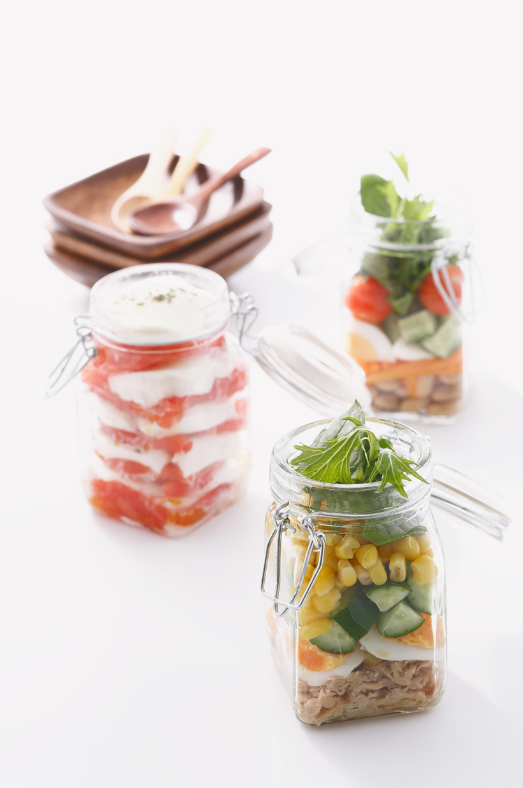
Containers
Instead of those old plastic food containers, opt for:
- Glass Jars: These are indispensable. Go to one of the glass factory shops and buy some very cheap and cheerful mason jars. They don’t retain odours if cleaned properly, and you can scrub them without scratching or tearing. If I open a sachet of olives, I immediately transfer everything into a glass jar. My first choice is always glass, as you can clearly see what is inside, which helps you avoid limp, wilted vegetables.
- Ceramic Dishes or Stainless Steel: I’m very fond of stainless steel items. They are really great because they absorb and retain coldness, just as they would heat up quickly. They chill down very quickly, which is very useful for leftovers. I even have a “dog box” or bivy can that someone gave me for camping, which is a great non-plastic container.
Utensils and Swaps
When you start looking, you find a plethora of instruments at your disposal:
- I’ve been replacing all my plastic utensils with bamboo or wooden utensils. While I know the argument about the global warming impact of distribution trucks is a concern, I think the concern of plastic as a hormone disruptor is an even greater concern for our immediate health.
- In the interest of full transparency, my kitchen is not 100% plastic-free. I have a few items I can’t bring myself to throw away for nostalgia, like my spatulas. Anyone who knows me knows I’m obsessed with spatulas; I find the plastic ones indispensable for cleaning out bowls and plates with minimal waste. But I’ve decided that when the time comes, I will absolutely find a safer swap for all of them.
Putting Pressure on Retailers
Here’s the thing: healthier alternatives are disproportionately more expensive. You’re thinking, “This is better for my health and the planet, but there are cheaper alternatives.”
We need to be putting pressure on retailers to make healthier alternatives affordable. It shouldn’t be so difficult to find safe utensils for our homes. We look at all the harmful products in our cleaning supplies throughout the home, not just the kitchen, and the safer swaps always cost more. Let’s demand that the healthy option becomes the accessible option.
Comment: When would you replace your plastic kitchen utensils?
I encourage you to subscribe to www.jozistyle.joburg
